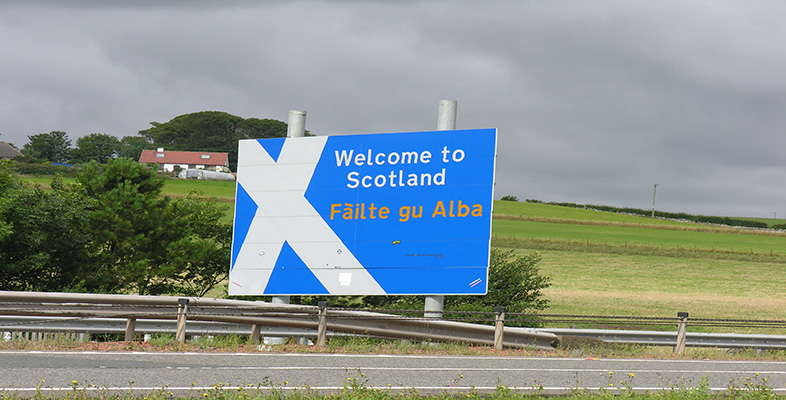5.4.1 Adult learners
Below is a video of some adult learners explaining why they are learning Gaelic.
The traditional way for adults to start learning Gaelic has been to attend an evening class, usually for a two-hour session once a week during the winter leisure-class season (which usually runs for 20 weeks). The methodology in these classes varies but tends to be at the ‘form-led’ end of the spectrum. They may follow a book-based course or a television series such as ‘Speaking our Language’ or, less commonly, be tailored by the teacher to the needs of the class.
Short courses are a variation on this approach, with classes compressed into a one or two week period, often in a residential setting which gives scope for practising the language outwith class. Often learners combine short courses with the weekly variety.
There are also a number of websites which enable learners to start learning Gaelic online, which will be discussed in the next section.
Evening classes, residential sessions and online courses are a good way to start learning Gaelic, providing an introduction to the basics in a relaxed atmosphere and often with opportunities to experience Gaelic culture and to socialise with like-minded people. They are less effective at helping learners to progress beyond the initial stage, however, and so classes often have members who are at different stages.
For adult students who already have a good grasp of the basics or who would prefer to learn at a faster pace, the most interesting development in recent years has been the growth of the ‘Ùlpan’ style of course. This is based on methodology pioneered in Israel with Hebrew and refined in Wales with Welsh. Ùlpan is a structured, progressive course with the emphasis on communication. It comprises 200 units which may be delivered in different configurations, ranging from twice-weekly classes over 3 years to a more intensive delivery pattern, mainly residential, which could see the course completed in 9 or 10 weeks. A flexible approach which marries week-by-week delivery with occasional concentrated inputs is also possible. The aim of the Ùlpan method is to bring the learner, stage by stage, to the level of full communicative competence in Gaelic by the end of the course.
Information on all of the above courses, including advice on what is available (or could be made available) in your area, can be obtained from the Gaelic Learners Association Clì Gàidhlig [Tip: hold Ctrl and click a link to open it in a new tab. (Hide tip)] .
BBC Alba offers a range of internet-based sites to support learners of Gaelic at different ages and stages.
Click here for a full list.

The Highland Council website contains the following tools for learners:
- an introduction to Gaelic
- a ‘toolkit’ of expressions which can be used in various settings.
You will be able to find ‘Basic Gaelic for Parents’, a list of words and expression for use by parents with their children, here.
Sabhal Mòr Ostaig’s ‘Cùrsa Inntrigidh’ is intended to prepare students for entry to the college’s courses but is open to others as well. Click here for more information.
